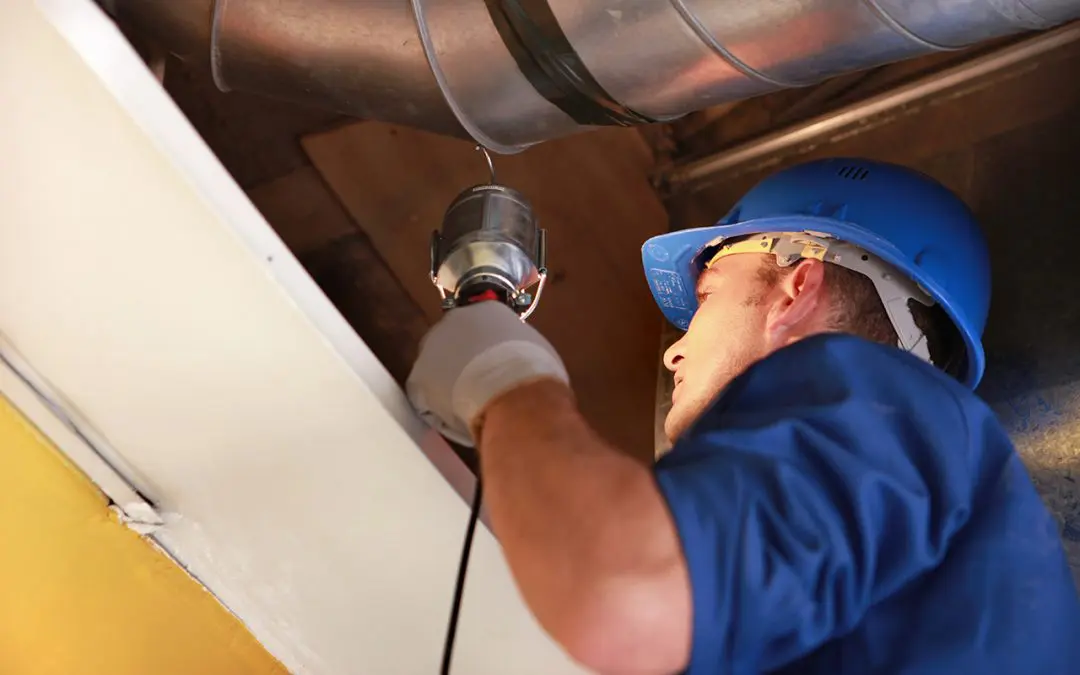Hiring a home inspector is about getting answers before you’re locked into a deal. You need someone who knows what to look for, doesn’t miss the details, and won’t waste your time with fluff. Too many buyers rush through this step or pick someone based on price alone. That’s a mistake. Here’s what you need to know about choosing a home inspector who knows what they’re doing—and how to avoid the ones who don’t.
Start Choosing a Home Inspector With Real Experience
Licensing isn’t enough. You need someone who has been inside hundreds of homes and understands how they’re built. Backgrounds in construction, remodeling, or homebuilding give inspectors a major edge. They can spot shortcuts, poor workmanship, and signs of bigger problems faster than someone who only studied for a certification exam.
Ask how long they’ve been inspecting homes. Ask how many homes they inspect in a typical month. If they can’t give you a clear answer, move on.
Watch Out for Rushed Walkthroughs
A proper inspection takes time. Two to three hours is a normal range for a single-family home. Small condos may take less. Larger or older homes take more. If someone says they’ll be in and out in under an hour, that’s a red flag.
Also ask if they’ll get in the attic, open the electrical panel, or go into the crawlspace. If they skip the hard-to-reach areas, they’re not doing a full inspection.
Review a Sample Report Before Choosing a Home Inspector
Before hiring anyone, ask for a sample report. You want to see clear photos, plain explanations, and organized information. You want someone who documents what they see and explains what it means. The report should give you a clear picture of the home’s condition—not leave you guessing.
Ask About Tools and Methods
The best inspectors use more than a flashlight and a checklist. Moisture meters, outlet testers, and drones aren’t gimmicks—they’re tools that help uncover issues that aren’t visible to the eye.
Ask what equipment they use. Ask how they document problems. If they rely on a clipboard and pen, they’re behind the curve.
Pay Attention to How They Communicate
The right inspector will speak clearly and answer questions directly. You should be able to reach them before and after the inspection without having to chase them down. If someone avoids your calls or gives half-answers, don’t expect them to be any better when it counts.
You want someone who gives you the straight facts and doesn’t sugarcoat problems or play them down.
Don’t Hire Based on Agent Referrals Alone
Some agents recommend solid inspectors. Others recommend the ones who won’t kill a deal. That doesn’t mean your agent is trying to mislead you—but you still need to do your own vetting.
Get names, then do your homework. Look up reviews. Read sample reports. Call and ask questions. This is your house, your money, and your call.
Avoid Inspectors Who Also Offer Repairs
If someone wants to inspect your house and then offer to fix it, walk away. That’s a conflict of interest. An inspector’s only job is to give you an unbiased evaluation. Mixing that with repair work opens the door to scare tactics, upsells, and shady business.
Look for full-time inspectors with no side hustle attached. If their business model depends on finding problems they can charge to fix, that’s not someone you want inspecting your investment.
FAQs on Choosing a Home Inspector
Do I need to attend the inspection?
Yes. You’ll learn more in person than you will from the report alone. You can ask questions, see things firsthand, and get context as the inspector works through the house.
How much should I expect to pay?
Most inspections range from $400 to $600, depending on size and location. If someone’s charging far less, that’s a sign they’re cutting corners.
Can I use the inspector my agent recommends?
You can, but don’t rely on that recommendation alone. Vet them the same way you would anyone else.
What does a home inspection cover?
It includes visible, accessible components like the roof, foundation, HVAC, electrical, plumbing, attic, crawlspace, and more. Inspectors don’t open up walls or move furniture, but they should check every area they can access.
Blackbird Home Inspections provides home inspection services in Central Arkansas. Contact us to schedule an appointment.

